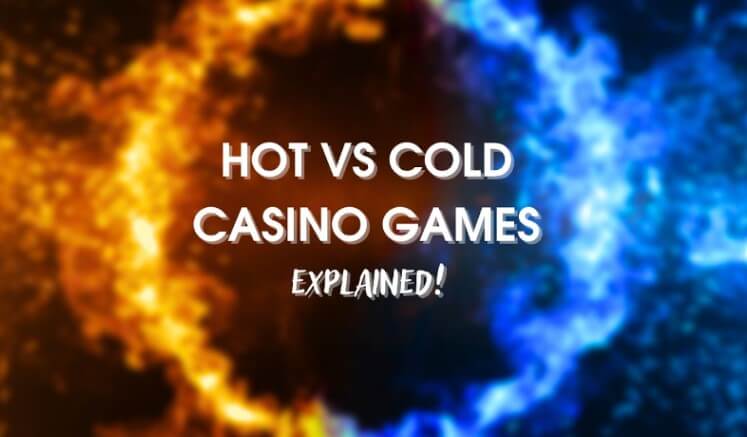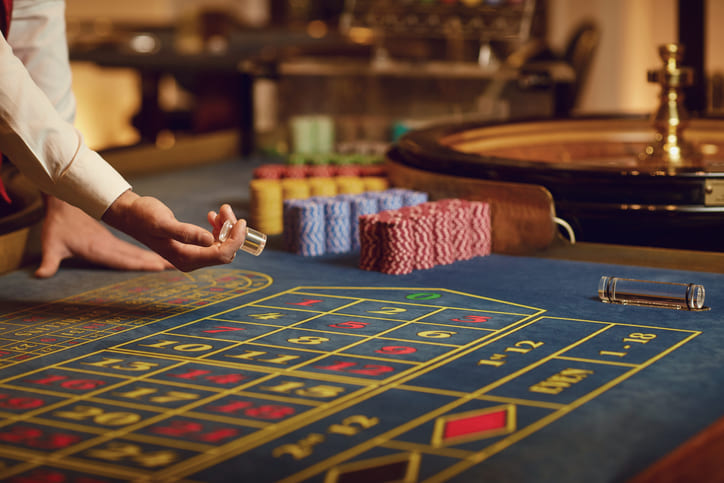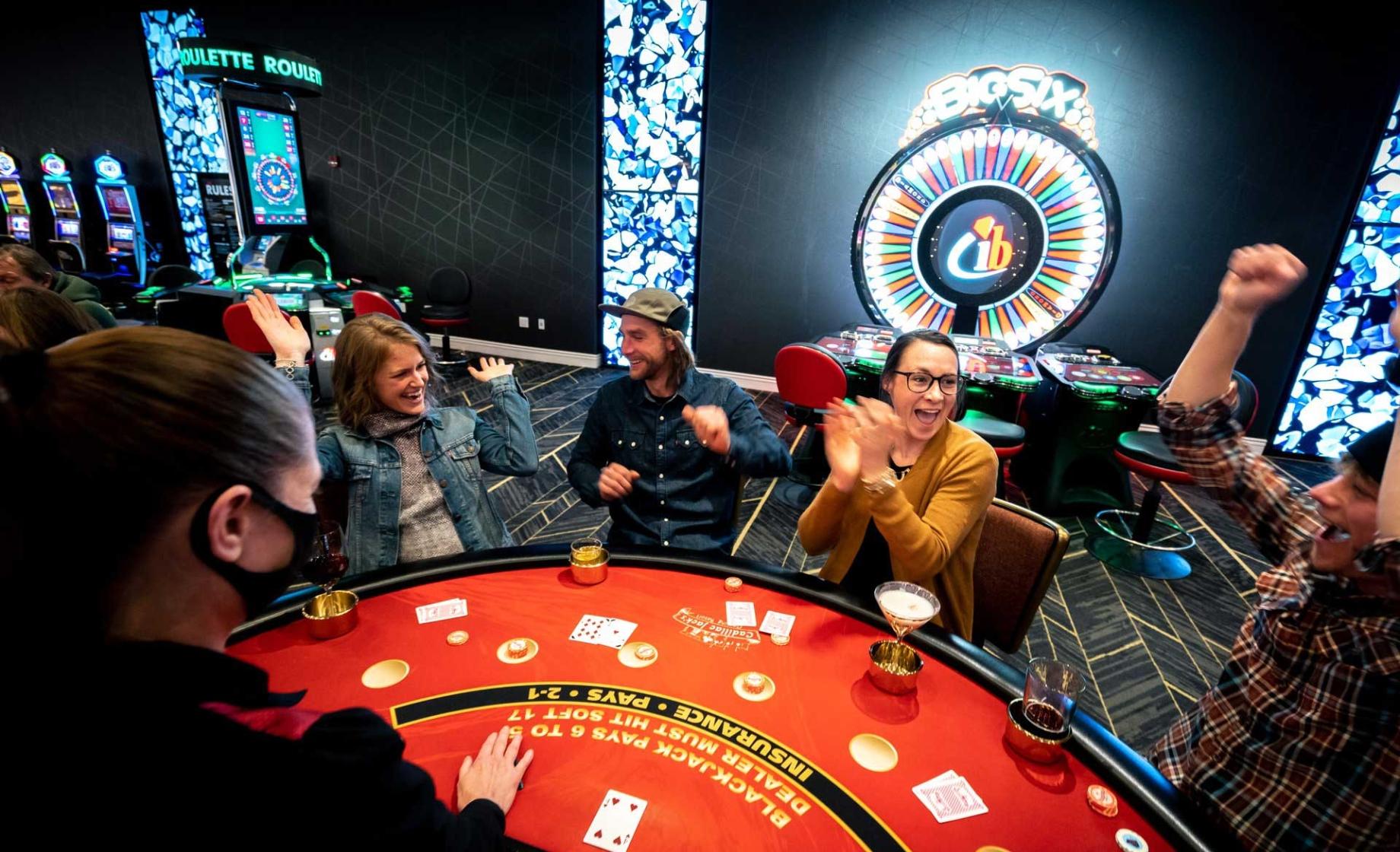
In the world of online gambling, many players rely on patterns, instincts, and gaming myths to guide their strategies. One of the most persistent and debated ideas is the concept of “hot” and “cold” games—those perceived to be on a winning streak versus those that haven’t paid out in a while. When you play at a top platform like Playzilla, you’ll often hear users discussing which games are hot and which are cold. But does this idea hold any real merit? Or is it just another gambler’s fallacy wrapped in digital modernity?
This article delves deep into the psychology, mathematics, and player experiences behind the hot-and-cold game phenomenon and evaluates whether these perceptions can truly guide winning strategies.
Understanding Hot and Cold Games
What Are Hot Games?
Hot games are typically defined as casino games—especially slots—that appear to be paying out more frequently than usual. Players believe these games are on a “hot streak,” rewarding them consistently within short time spans.
What Are Cold Games?
Cold games, on the other hand, are thought to be in a lull. Players may claim these games have not paid out for a while, leading to frustration and the belief that the machine or algorithm is intentionally holding back winnings.
The Origins of the Hot/Cold Belief
Rooted in Slot Machines
This belief dates back to traditional slot machines in physical casinos. Observing one machine spitting out coins led players to assume it was hot, while others that remained quiet were cold.
The Psychological Anchors
Our brains are wired to seek patterns, even in randomness. This is known as the gambler’s fallacy, where players expect that a win is “due” after a series of losses, or that a hot machine will continue to pay out.
The Mathematics of Randomness
RNG: The Random Number Generator
Modern online casino games operate using RNGs (Random Number Generators). These complex algorithms ensure that each spin, hand, or roll is entirely independent of the previous one.
Independent Trials and Probability
Each game event is a standalone occurrence. That means whether the last ten spins paid out or not, the odds remain constant. There is no memory in the machine, regardless of whether it’s hot or cold.
The Player’s Experience: Why It Feels Real
Confirmation Bias
When players win after identifying a game as “hot,” they feel validated. Losses are often dismissed or attributed to bad luck, reinforcing the belief even if it’s statistically flawed.
Short-Term Patterns
While RNGs produce long-term randomness, short-term patterns do occur. This can create temporary periods where wins or losses appear clustered—fueling the hot/cold narrative.
The Role of Casino Marketing
Highlighting Recent Winners
Casinos often display “recent wins” or “hot games” on their platforms. These are primarily marketing strategies to drive engagement and are not indicators of future payouts.
Game Rankings and Popularity
Games labeled as hot may simply be popular, resulting in more play and, therefore, more visible wins. The increased volume, not the inherent nature of the game, may account for frequent payouts.
Expert Opinions: Game Developers Speak
Rigorous Testing
Reputable game developers rigorously test all games for fairness and consistency. Licensing bodies require games to meet strict standards, making it virtually impossible for games to deliberately become hot or cold.
Certified RNG Audits
Auditing agencies, like eCOGRA, test RNGs periodically to ensure continued fairness. Any deviation could result in the game being pulled from casino platforms.
Case Studies: Popular Hot/Cold Game Myths
Case 1: The Myth of the “Late Night Jackpot”
Some players swear that jackpots are more likely late at night. However, no evidence supports time-based payout changes. It’s another example of perceived patterns versus reality.
Case 2: “The Cold Game Must Be Due!”
A game that hasn’t paid in hours is seen as a goldmine ready to erupt. Unfortunately, this belief disregards the nature of independent game events.
The Reality of Game Volatility
Understanding Volatility
Volatility (or variance) refers to the risk level in a game. High-volatility games pay out less frequently but in larger amounts, while low-volatility games offer smaller, more frequent wins.
Misinterpreted as Hot or Cold
A high-volatility game may appear cold due to fewer payouts but could be functioning exactly as designed. Similarly, low-volatility games may seem hot even if payouts are small.
Are There Any Exceptions?
Progressive Jackpots
Games with progressive jackpots often feature rare but significant payouts. These games may generate buzz when the jackpot is high, but the underlying RNG remains unchanged.
Developer-Triggered Events
Some developers may include bonus drops or random promotional features, but these are rare, publicly disclosed, and do not imply a hot or cold game state.
How to Use the Hot/Cold Perception Wisely
Emotional Regulation
If a hot game boosts your morale or a cold game helps you stop when needed, the perception has a psychological benefit. Use it to manage your emotional state, not your strategy.
Stop-Loss and Bankroll Management
Believing in hot/cold games can be dangerous if you don’t set clear limits. Responsible gambling should always include a budget and stop-loss policies.
Responsible Gambling and the Hot/Cold Trap
When It Becomes Problematic
Fixating on hot or cold games can lead to compulsive behavior. Chasing wins based on false assumptions increases the risk of financial loss and emotional stress.
Tools to Stay Safe
Use time trackers, deposit limits, and cool-off periods. Platforms offer these tools to help users maintain healthy habits.
The Social Aspect: Community Influence
Online Forums and Shared Narratives
Players often share stories in forums or chatrooms about recent wins or cold streaks. While entertaining, these anecdotes reinforce myths that may not hold up statistically.
The Power of Consensus
If enough people believe a game is hot, they will flock to it, increasing play volume and thus perceived validity—creating a self-reinforcing loop.
Conclusion: The Truth Behind the Heat
Hot and cold games are primarily psychological constructs, not statistical realities. When you play at online casino, understanding the mechanics behind game randomness is essential for making informed decisions.
While it’s tempting to believe in streaks and lucky games, the true path to success lies in smart bankroll management, responsible gaming habits, and an informed understanding of how casino games function.
So the next time you hear someone claim a slot is hot or a table is cold, remember: the only thing consistent in gambling is randomness. But how you respond to that randomness? That’s entirely within your control.



